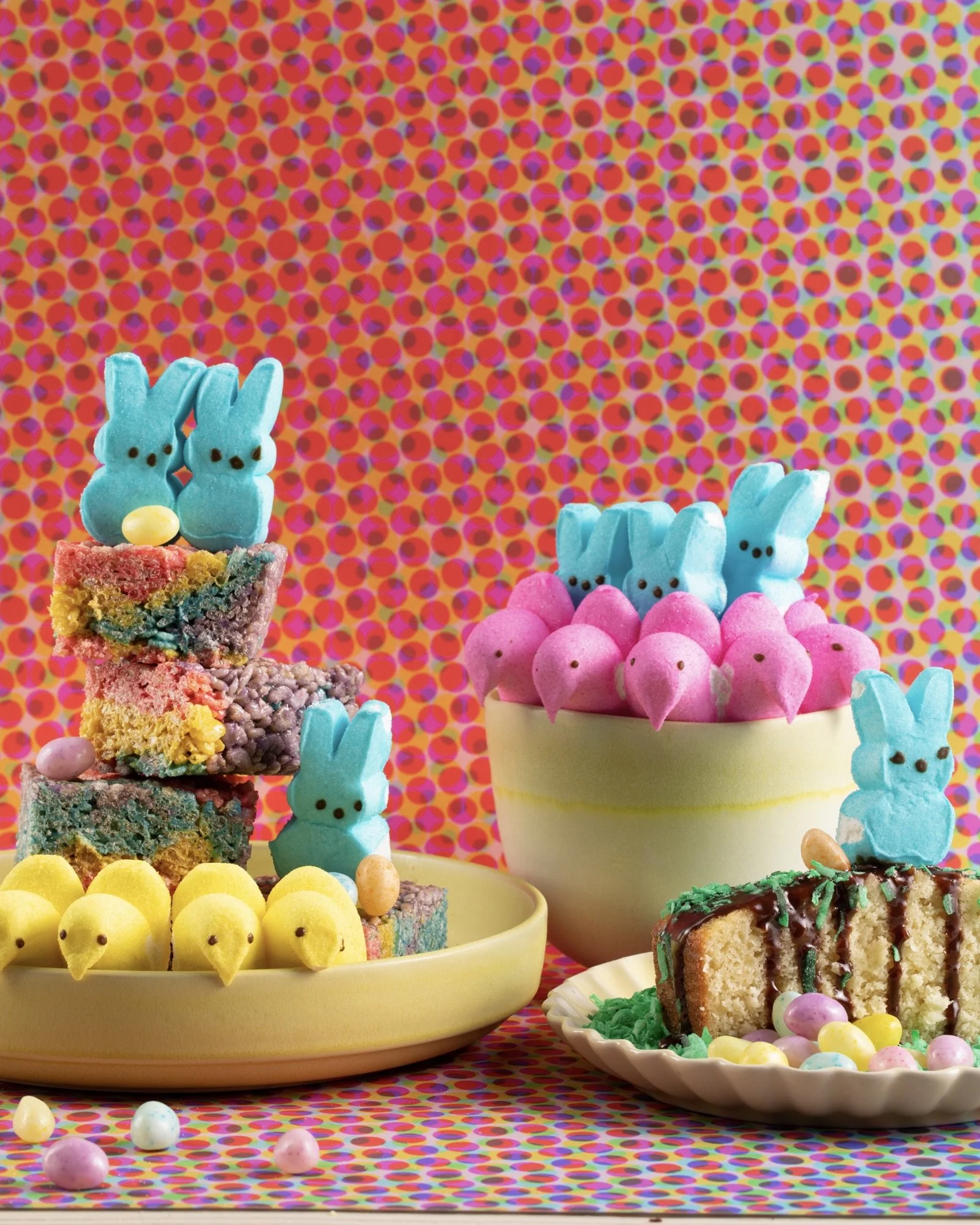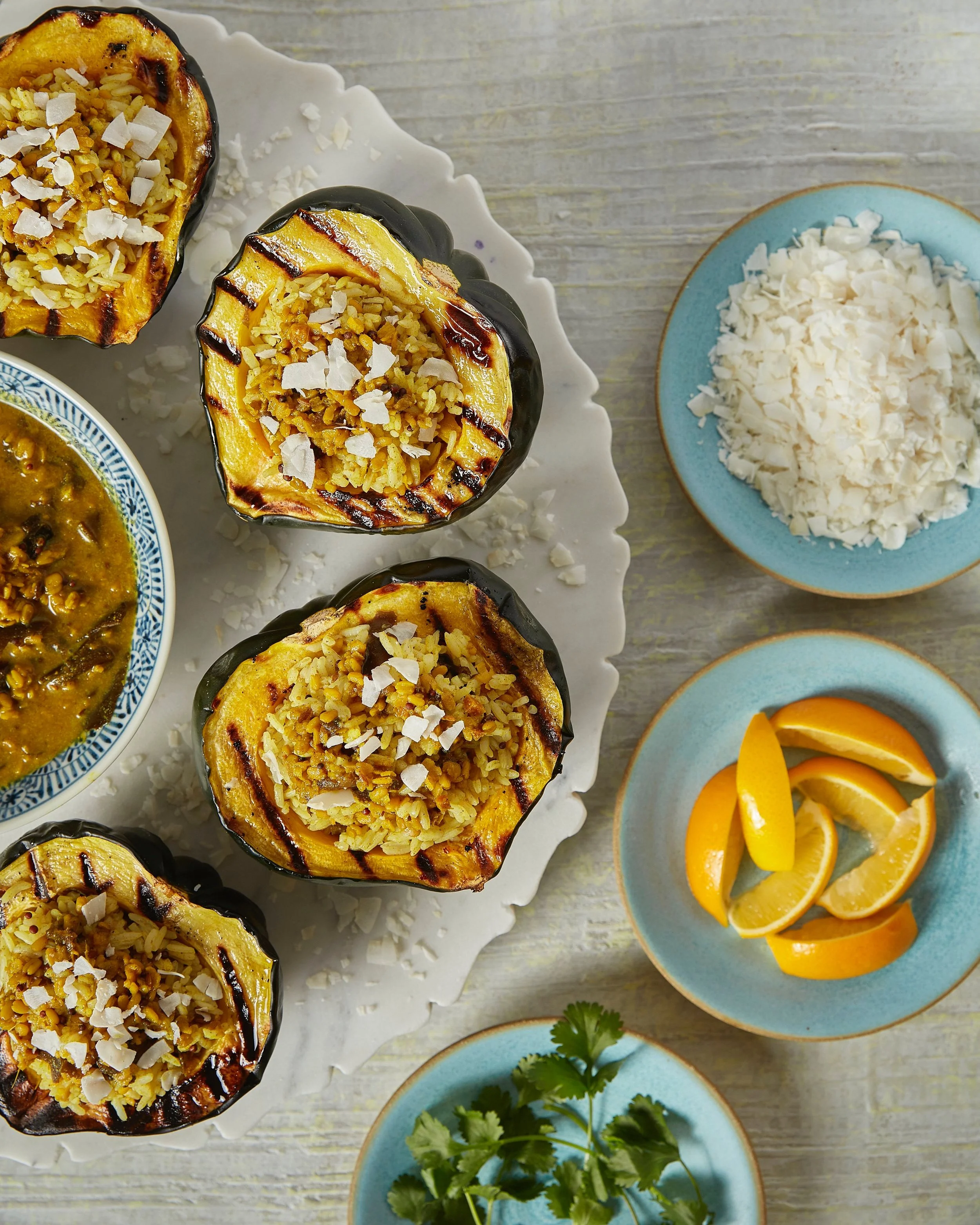Natural Inspiration
Artist Elise Birnbaum’s sculptures are inspired by natural forms, making for a dramatic presence in the home.
For many people, home—and the things inside it—have taken on a much more important role over the past year. That primacy tends to mean an increased focus on practical items; comfortable chairs and connected televisions are key pandemic-era purchases, of course.
Items that are simply lovely, however, are equally vital.
“I think, if you buy things you love ... they don’t need to be highly functional; they can just be beautiful,” says Susy Korb, founder of Pittsburgh Mercantile. For her business, an online collection of décor, accessories and more, “It’s the hard-to-find, the unusual and the individualistic that are in demand.”
That description certainly includes the sculpture of Elise Birnbaum. The sculptor and maker is the owner of OATMEAL, a studio practice and store that includes the pieces shown here, photographed inside Korb’s Shadyside home.
Birnbaum says that these works—with deceptively simple names such as “Cloud Catcher Sculpture,” “Bend Sculpture,” and “Mini Two-Tiered Vessel”—were inspired during a two-month residency in Japan.
“I was inspired by niwaki, the cloud-pruned sculptural trees that are common in Japanese gardens,” she says. “[This work is] inspired by nature, [and] nature knows what it’s doing. It’s designed beautifully. There’s just an easiness to it.”
“Elise’s sculpture is quiet––it’s moving, but it’s quiet,” Korb says. “There’s a sort of gravitas [and] a simplicity that really adds presence to a room.” Through Pittsburgh Mercantile, Korb first sold some of Birnbuam’s jewelry. When the artist began working in ceramics, Korb added those pieces to the store’s offerings.
“They were an instant success; people love them,” she says. “They’re very special and very unusual.”
Korb shares her Shadyside home with her husband, Joe McInerny. A Pittsburgh native, she spent 35 years living in New York, London, and Los Angeles; when she returned to Pittsburgh, she looked for a home with character and history.
She found this home, an apartment in a historic mansion, in the heart of Shadyside. “I’ve moved a lot. I’ve never based it on practicalities; I’ve always based it on a deep emotional response to the space. If you have a deep emotional response, you can figure out the functionality.”
The abundance of light in the space highlights the natural feeling evoked by Birnbaum’s works. While Korb says there is a “dialogue ... between the pots and our interiors,” she believes there’s a universal quality to Birnbaum’s work. “Her objects carry that presence. The scale is impressive, and they really work in any interior.”
Having seen her pieces in Korb’s home, Birnbaum agrees. “It’s so different from my aesthetic. I think it’s just a reminder that juxtaposing things and having all sorts of variety can work.”
The gentle curves of Birnbaum’s pieces invite comparisons, she says. People often reach out to tell her what images come to mind. “It looks like a shell! It reminds me of a baked good! It reminds me of my body after I had a baby!”
There’s also something about these pieces that invite touch—not always a typical, or acceptable, response to a work of art. Birnbaum, however, is quick to say that these pieces are not meant only to be appreciated from afar. “I’m glad when people want to touch them,” she says. “It’s not precious in that way.”
She explains that, through her studio practice, she became accustomed to art that can be handled and carried; she thinks her pieces need not be approached with kid gloves. “It’s odd to feel like most art goes into a home and isn’t touched,” she says. At some shows, she’s even noticed people absent-mindedly running their hands over one of her pieces, almost caressing the work. “I loved it!”
Birnbaum says the pieces will continue to be available for some time; she “loves making” them, and “I’ve had people reacting very positively to them.” While she cites the moment of inspiration in Japan as important to the development of this work, like all art, the creation goes beyond the idea.
“They’re not about the thing they were inspired from, but they are about an exploration of form and good design.” Find more about Elise and her work at oatmeal-shop.com.
To learn more about Elise Birnbaum and OATMEAL: oatmeal-shop.com.
STORY BY SEAN COLLIER / PHOTOGRAPHY BY LITHE STUDIO
12 Month - 6 issue subscription
















Indulge in the taste spring with this delicious Cherry Galette